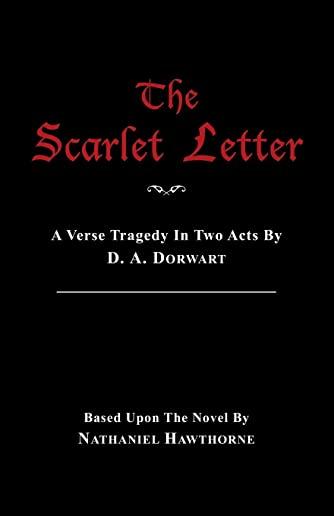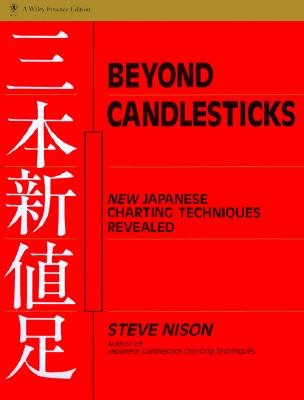
"A tour de force of verse drama," said Craig Watson, Literary Manager of Trinity Repertory Company.
"A beautiful lyrical treatment," wrote Robert Falls, Artistic Director, Goodman Theater. "A handsome balance between the elegance of Hawthorne and the real passion these characters need to sustain our engagement."
The classic love story of Hester Prynne and Arthur Dimmesdale recalls the Biblical myth of Adam and Eve, who for their transgression suffer expulsion. Yet in their suffering, they gain the knowledge of what it means to be a sympathetic and understanding human being.
For Hester, the scarlet letter is her passport into regions where other women dare not tread. She is a pioneer and a modern women. She wishes to determine her own identity rather than to allow others to determine it for her. She envisions, like Hawthorne, a brighter future where "a new truth would be revealed, in order to establish the whole relation between man and woman on a surer ground of mutual happiness."
For her lover Arthur Dimmesdale, only torment awaits for he does not possess the strength to embrace Hester's truth: that individuality and strength are gained by quiet self-assertion and by a reconfiguration, not a rejection, of one's identity and place in society.
"A wonderful adaptation, splendidly written and characterized," said James Magruder of Center Stage Baltimore."
Nearon the threshold of this my narrative
There stands a rose. It has been kept alive
In history, surviv'd the wilderness
Long after pine and oak have abdicated.
'Tis cover'd now, this month of June, with gems
According fragrance and fragile beauty,
A token showing Nature's deepest heart
Can still be kind to the outlaw coming forth.
To you, the listener, one flower tender'd here
As sweet and moral blossom and as relief
To a tale of human frailty and abject grief.
member goods
listens & views

MISSA RENOVATIONIS / MISSA NON ...
by KERLL / MORTIZ / WAGNER / SCHNEIDER / BERGER
COMPACT DISC$16.25






